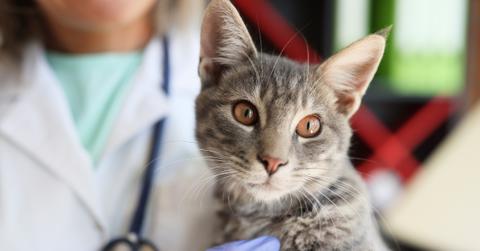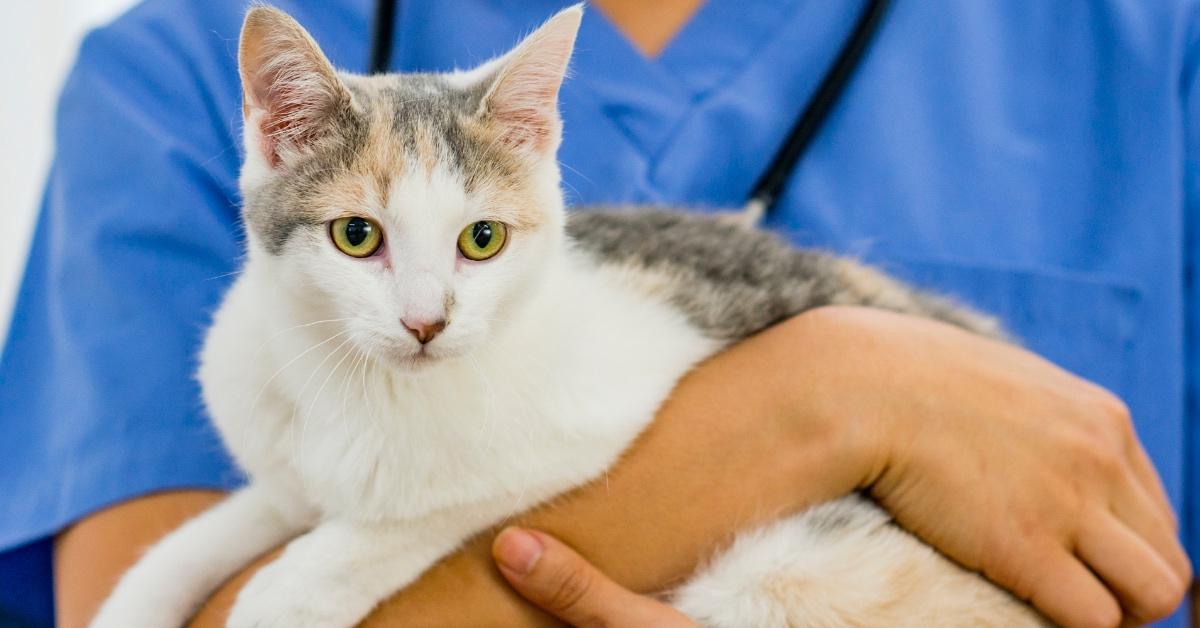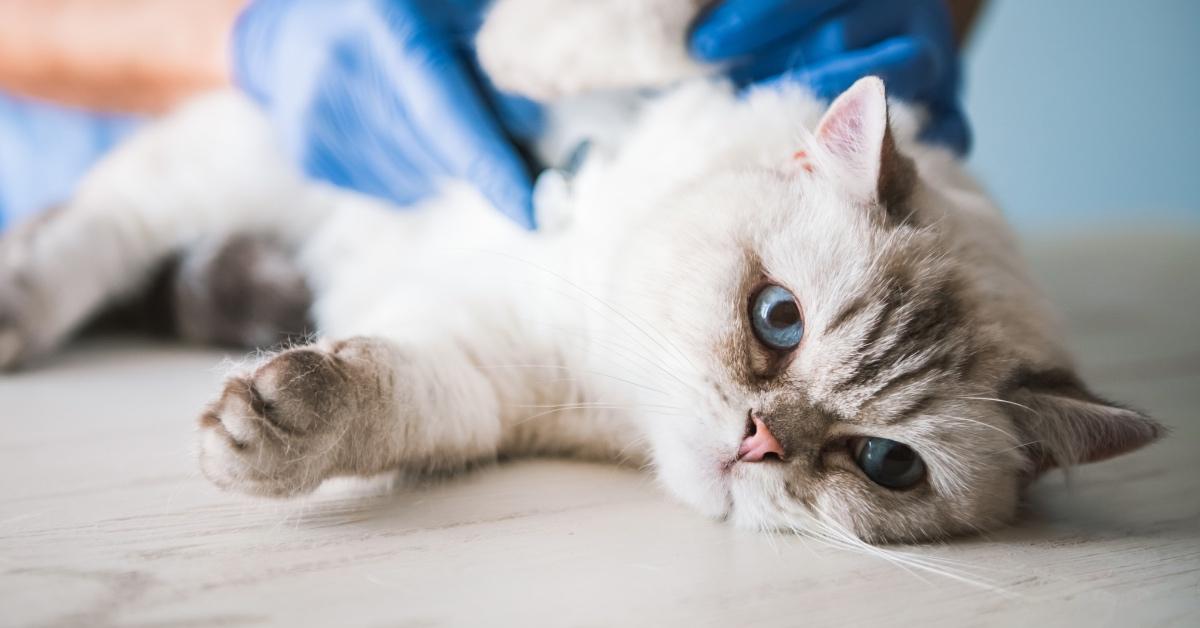Human Contracts Bubonic Plague From Their Cat: What to Know About This Rare Incident
If you thought the Bubonic Plague was left in the Dark Ages, you might be surprised to know it's alive and well in the 21st century.
Published Feb. 13 2024, 1:28 p.m. ET

If you've ever taken a history class, the phrase "Bubonic plague" likely sounds familiar. According to History, the plague first popped up over 2,000 years ago, but people might be surprised to know it never disappeared. Sometimes called "the first pandemic," this terrifying disease killed millions before a vaccine was invented in 1896, per the Science Museum.
That's not to say cases of the Bubonic plague have stopped entirely — as recently as 2020, cases of plague appeared in California, and in 2015, two fatal cases were reported in Colorado.
In 2024, one case of plague appears to have been contracted via contact with someone's cat. Here's what you need to know.

In February 2024, an individual in Oregon caught a case of the bubonic plague from their cat.
On Feb. 7, 2024, health officials in Deschutes County, Ore., confirmed a case of human plague in an individual. The officials said the person was "likely infected by their symptomatic pet cat." However, residents were not to worry.
"All close contacts of the resident and their pet have been contacted and provided medication to prevent illness," reassured Dr. Richard Fawcett, a Deschutes County Health Officer.
Thankfully, since the initial investigation, there have been no further recorded cases of plague in humans, and the person with the plague has been treated early. The official statement also noted that Oregon has had plague cases since 2015.

What is the plague?
According to a 2011 study published in the National Library of Medicine, all three types of plague stem from the bacterium Yersinia pestis. This bacterium is most commonly found in bites from infected fleas or other contact with infected animals.
There are three main forms of plague: bubonic, septicemic, and pneumonic. However, the study shows bubonic accounts for nearly 80 percent of cases.
According to the Centers for Disease Control and Prevention (CDC), the total number of cases of bubonic plague in the U.S. between 1970 and 2020 is 496. The plague arrived in the U.S. in 1900 via steamships with rats and affected port cities most directly.
It's been determined by the CDC that 80 percent of the plague cases in the U.S. have been bubonic.

How do you get the bubonic plague?
According to the World Health Organization (WHO), the plague is a zoonotic bacteria. Zoonotic diseases are caused by germs spread by animals to people; one notable example from the 21st century is the coronavirus.
Bubonic plague typically occurs when infected fleas bite other mammals or humans. Still, it can also mean infected mammals (such as dogs or cats) spread the disease to their pet parents, as was the case with the 2024 Oregon individual.
Some symptoms of the bubonic plague, according to Cleveland Clinic, include:
- Headaches
- Inflamed, swollen lymph nodes ("bubos") that, if left untreated, will fill with pus
- High fever and chills
- Pain in the stomach, legs and arms
- Trouble breathing
- Coughing blood.
The Cleveland Clinic also notes that in particular, cats are the most vulnerable to bubonic plague if they consume infected rats and then pass the plague to their pet parents via respiratory droplets. Person-to-person spread is highly unlikely, unless the person has the pneumonia variant of the plague.